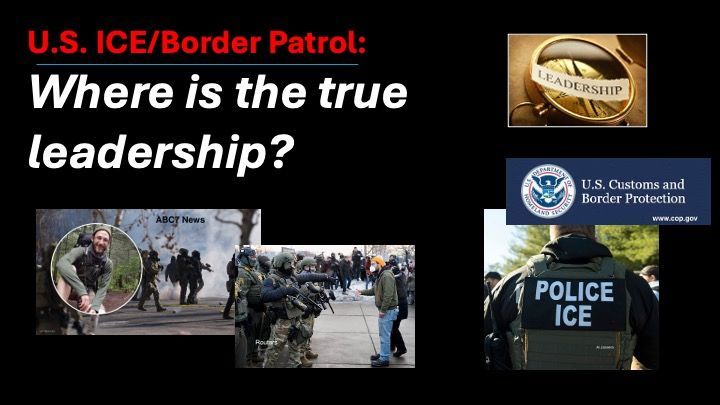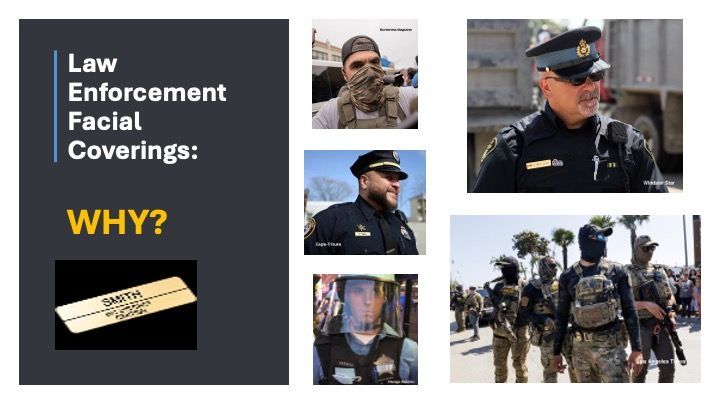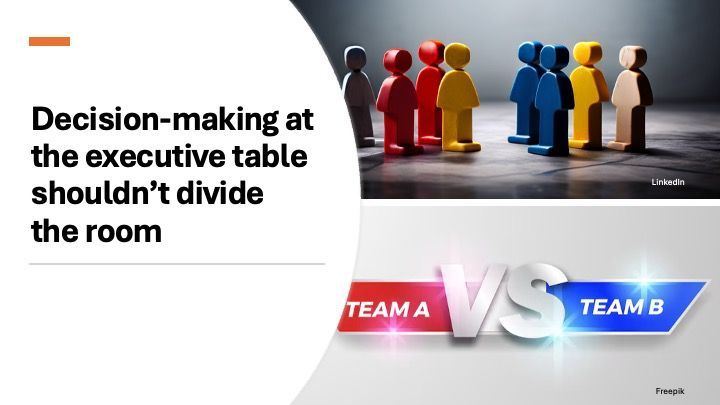New Paragraph
We need to promote those that make decisions in the best interests of our organization and its people.
Photo: www.istockphoto.com/
Earlier this week I had the privilege of speaking to the Ontario Association of Chiefs of Police (OACP) delegates at their annual conference. This year’s conference theme was Leadership Matters – Harnessing Policing Excellence, a topic near and dear to my heart.
As a long-retired police leader that only knew less than half of those present, I wondered what the attendance for my presentation might be. I was pleased to see a large crowd that seemed truly interested in my slant on the topic, including many senior officers and chiefs that are past retirement age, but still committed to those they lead and obviously willing to listen to what an old ‘yesterday’s news’ colleague had to say.
I truly believe that ‘leadership is leadership’, regardless of rank or vocation, and that has not changed since I was a Corporal almost 40 years ago. What has changed are the pressures today’s police leaders are facing in a rapidly evolving world, with change coming at them at a much more significant rate than I faced in my career. The need for effective leadership in policing has never been more critical.
I talk with police employees all over North America on a regular basis, through speaking engagements, informal face to face and social media interactions. I spoke to one yesterday – a 28-year Constable, unrelated to my engagement at the OACP Conference, who told me this:
“We promote people who won’t challenge leaders above them instead of those who do. How are leaders going to get better if they aren’t challenged?”
This wasn’t coming from a bitter officer who was never promoted, but is a university educated, highly-respected member who has never sought promotion. It was simply a personal observation that was offered in frustration.
It caused me to think back to my own career and similar irritations that I felt over the years.
I recall senior management meetings where you would receive a death-stare from the head table if you didn’t blindly agree with something the Commissioner or one of the Deputies said. The few that would quite respectfully state their disagreement and/or suggestions for an approach that might better meet the needs of those we led would be treated with disdain, likely followed by a one-on-one meeting with their Deputy.
Conversely, those that would jump up and blindly agree with everything suggested from above would be greeted with an approving smile. Eventually, no matter how well considered and intended their contrary suggestions may be, those that offered them became tainted meat in the eyes of the executive.
As a junior member of that team, I observed these happenings closely – as did others, and quickly learned who among us was more likely to be promoted next. But I, and a few others with similar values, took the risk and stayed the course. “I am what I am” I guess.
When I addressed the OACP delegates, I offered the following analogy based on my time as Commissioner, as food for thought:
Let’s say I had a completely off the wall idea and brought 2 senior leaders in one at a time to run it by them. No matter what inane proposal I offered, the first subordinate would jump to attention, say “I agree Commissioner. I’ve always felt we should do that. You are the most brilliant Commissioner in history, and I love you.” That individual would then leave and tell his direct reports, “You wouldn’t believe the stupid idea the dummy had this time. I fought him on it, but I lost.”
The second person I brought in would listen intently to my insanity, appear completely consternated and respond, “Have you lost it? We can’t do that”, explain why and offer alternatives. However, if I said, “Thanks for the input, but I need you to do this”, he’d argue some more and eventually move forward with my decision without bad mouthing me in the process.
I then posed this to the audience, “Who would you rather have on your team? A so-called leader that never tells you what they truly feel, or one that will challenge you to do the right things?” The answer is quite simple in my view. But is that how things in our organizations have always been? Is that the environment in our organizations now? Have we created a culture of honesty where input is sought, welcomed and considered – in the best interests of our people, or do we promote those that accept our every command or suggestion without ever providing valuable input on the road to success? How as senior leaders do we identify all the potential pitfalls and landmines ahead if we refuse to hear about them and sideline those that offer them??
When I was Commissioner, I never had a Deputy Commissioner that didn’t know I wanted their honest opinion and that I desired them to challenge my decision-making. In fact, I told a retired Deputy friend recently, “If I’d wanted a yes-person, I certainly wouldn’t have picked you.”
True leaders create a culture where innovation, ideas, suggestions and respectful criticism are not only welcome, they are expected. They set a positive example and encourage leaders below them to do the same.
The sycophants that only manage up and not down need not apply.




